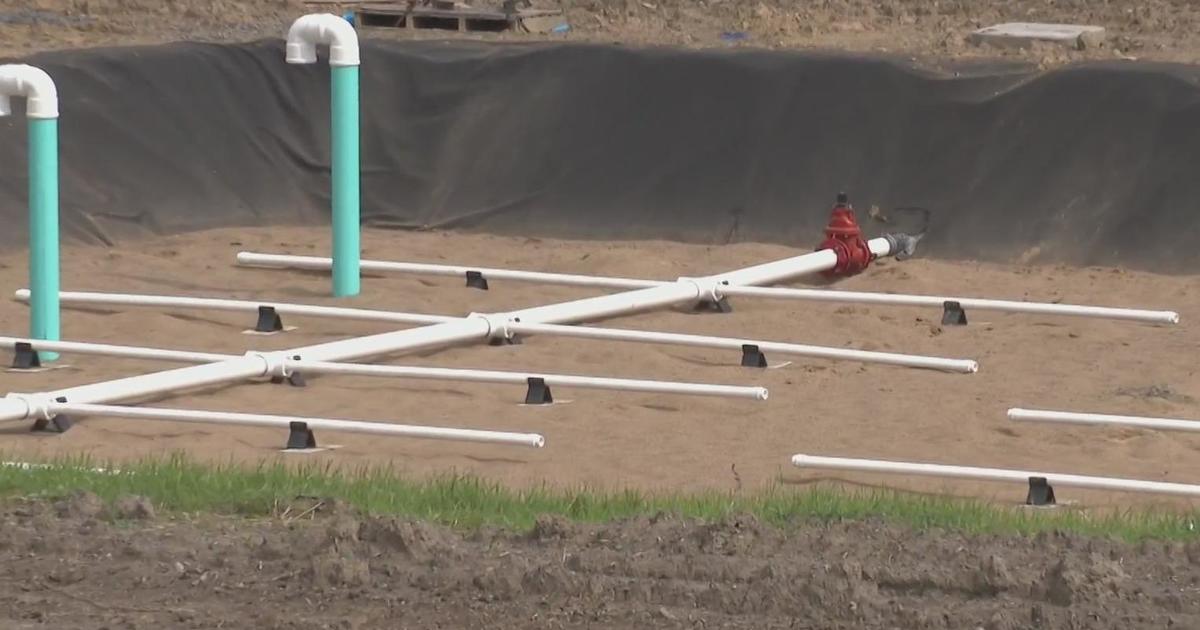New Contact Lenses Darken In Bright Light
PITTSBURGH (KDKA) - Melia Black loves walking and running outdoors, so she always has her sunglasses nearby.
"Wear them on my head when I'm inside, and on my face as soon as I go outside," she said.
But they're not always convenient. They get wet when it rains, or fog up when it's cold.
"You want to jump in the swimming pool, you gotta take them off," Melia said. "When you wear a baseball hat, it's hard to wear them together."
But harsh sunlight can be a hassle, too.
"There are events where you can't wear sunglasses, and I do have sensitive eyes," she said.
Borrowing an idea from transitional eye glasses, which darken in bright light... a few months ago, these came out -- contact lenses that do the same.
"They're the same brand that I already wear," Melia said. "It was just a matter of the doctor saying, 'Here, would you like to try them?'"
What causes the lenses to darken? It's not a coating, but within the lens and throughout the lens are special molecules that react to ultraviolet light.
The molecules absorb UVB rays. They take 45 seconds to darken and 90 seconds to clear.
"The lenses will absorb 15 percent of the light inside. And then when you go outside, and they darken, just slightly, they actually absorb 70 percent," said Dr. Kristi Weatherly, an optometrist at the Chang Eye Group.
They also absorb blue light, so they can help indoors, too.
"It has the benefit of helping people that do a lot of computer work because it does reduce digital eye strain," Dr. Weatherly said.
Even at night, you could notice a difference.
"At night when you drive, it does help with glare, and lighting, and the headlights," Dr. Weatherly added.
For Melia, though, she said she doesn't know that it's a "huge, huge difference."
They aren't supposed to replace sunglasses. In fact, you should still wear them with the contacts to protect the eyes, lids and brows from UV light.
These two-week disposables are a little more expensive: $400 for a year's supply, compared to $300 for regular contacts.
"I decided to go for it," Melia said. "I actually just ordered my two boxes to get me through the rest of the summer."
Melia said she hasn't noticed the lenses changing, but she has noticed she doesn't squint as much as she used to, and it doesn't hurt her eyes to walk out in the sun.
"I know it's something brand new, and I hope they keep improving on it," she said. "If it's benefiting the safety of my eyes, then that's what I want."



